Real support for family members caring for their loved ones—because you deserve someone in your corner.
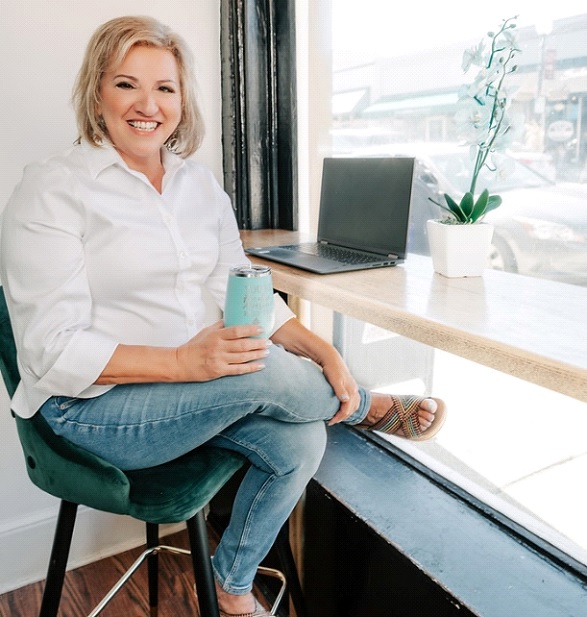
As a support coach for family caregivers, I understand the weight of the world you carry while caring for your loved ones. My purpose is to stand beside you, helping you navigate the emotional stress, financial strain, social isolation, and the overwhelming responsibilities that come with caregiving. Together, we’ll work to reclaim your peace of mind, find balance, and ensure that you’re not losing yourself in the process.
If you’re ready to take the first step towards a more balanced and fulfilling journey, let’s start by booking a call.
At A Better You Life Coaching, I understand how intense and overwhelming caregiving can be—it’s not just a job, it’s a profound journey that can sometimes make you feel like you’re losing your shit. I’m here to help you not just survive, but to stay present and whole, even on the tough days. Utilizing my personalized coaching can be the difference between barely hanging on and truly thriving. I provide targeted strategies and support designed to help you manage stress, prevent burnout, and maintain your health both mentally and physically. With this clarity and support, you’ll be equipped to handle tough decisions and also enjoy and be fully present in the moments that matter. With my personalized approach, you’ll find the resilience and compassion to keep showing up as your best self for your loved ones. Embrace a bit of self-care with me, and watch how you transform, not just for you but for those who depend on you.
With years of personal experience and expertise in support coaching, I’m here to guide family caregivers through the toughest challenges. I’m dedicated to helping you manage the emotional stress, social isolation, and overwhelming responsibilities that come with caring for a loved one. By nurturing a resilient mindset, I empower you to transform these challenges into opportunities for growth, making it possible to care for your loved ones while still finding balance and fulfillment in your own life.
But let’s cut to the chase: I’ve been through it all, and I get it. I’ve faced the heartbreak, the exhaustion, and the uncertainty that comes with being a caregiver. That’s why I’m passionate about connecting with my clients on a real level—because I’ve been where you are. My blog dives into these experiences and shares the mindset shifts and practical strategies that will help you navigate your own journey, ensuring you have the strength and tools needed to care for those you love.
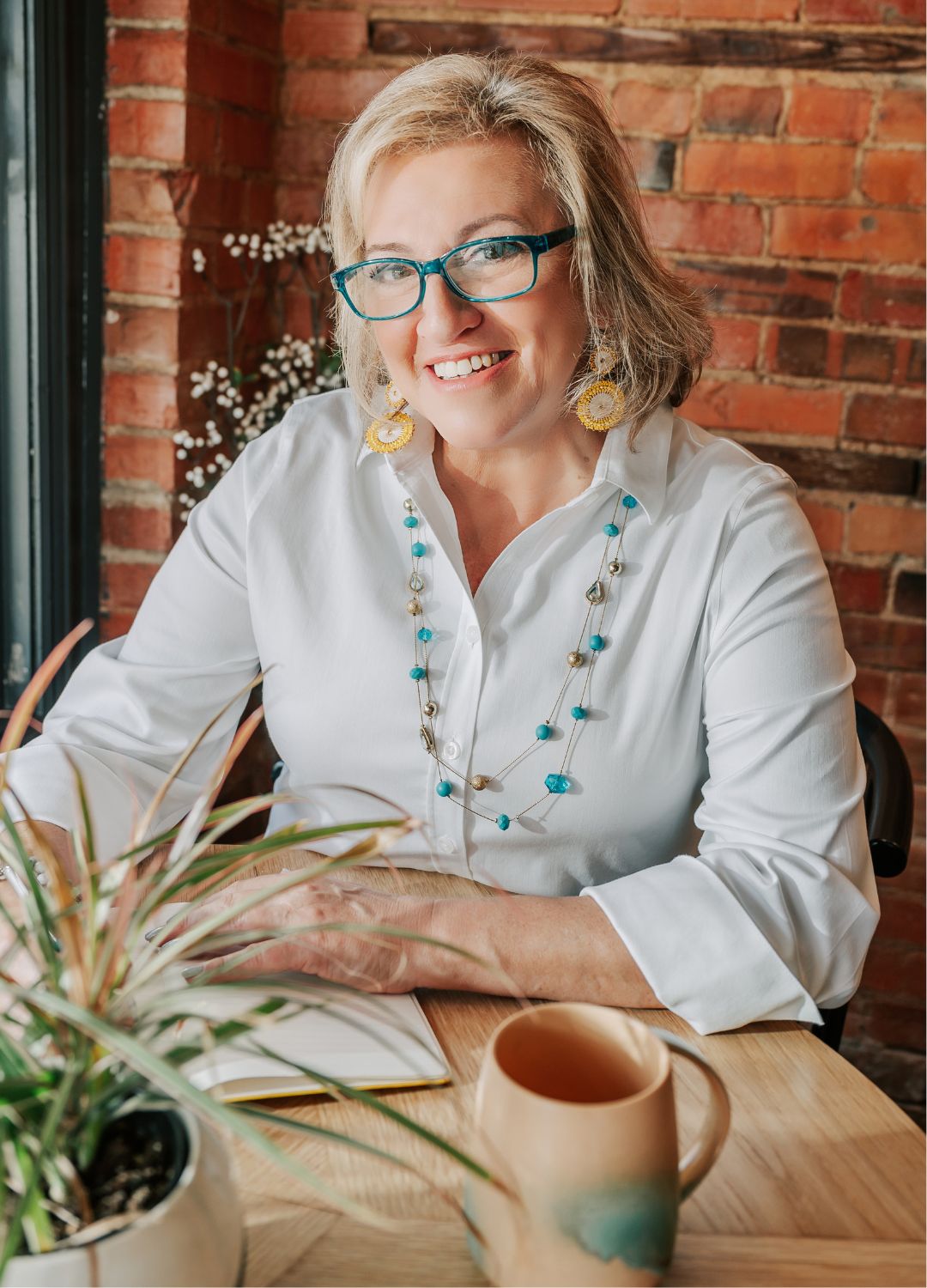
Enter your name and email below to download your copy of these 10 life-changing steps
Let’s talk clinical for just a moment – promise I won’t stay here long. Though life experience and clinical training are foundational, holding space for you is key. I use what’s termed holistic coaching, combined with neurolinguistic programming. Those are big terms, but what do they really mean? It’s most visible in how I create new life scripts with different techniques. This is the secret sauce!
For more, my Q&A page goes into some of the common questions you might have. It all starts with a complimentary 30-minute mini-coaching discovery call. From there, I’ll make recommendations with a customized plan for you, not a five-step formula. Or select from my packages.
I provide support that looks at the whole person not just mental health needs. It considers physical, emotional, social, and spiritual well-being.
I use neurolinguistic programming (NLP) to promote an inner state shifting.
I leverage hypnolinguistics to tap into your inner self and replace negative beliefs with positive ones.
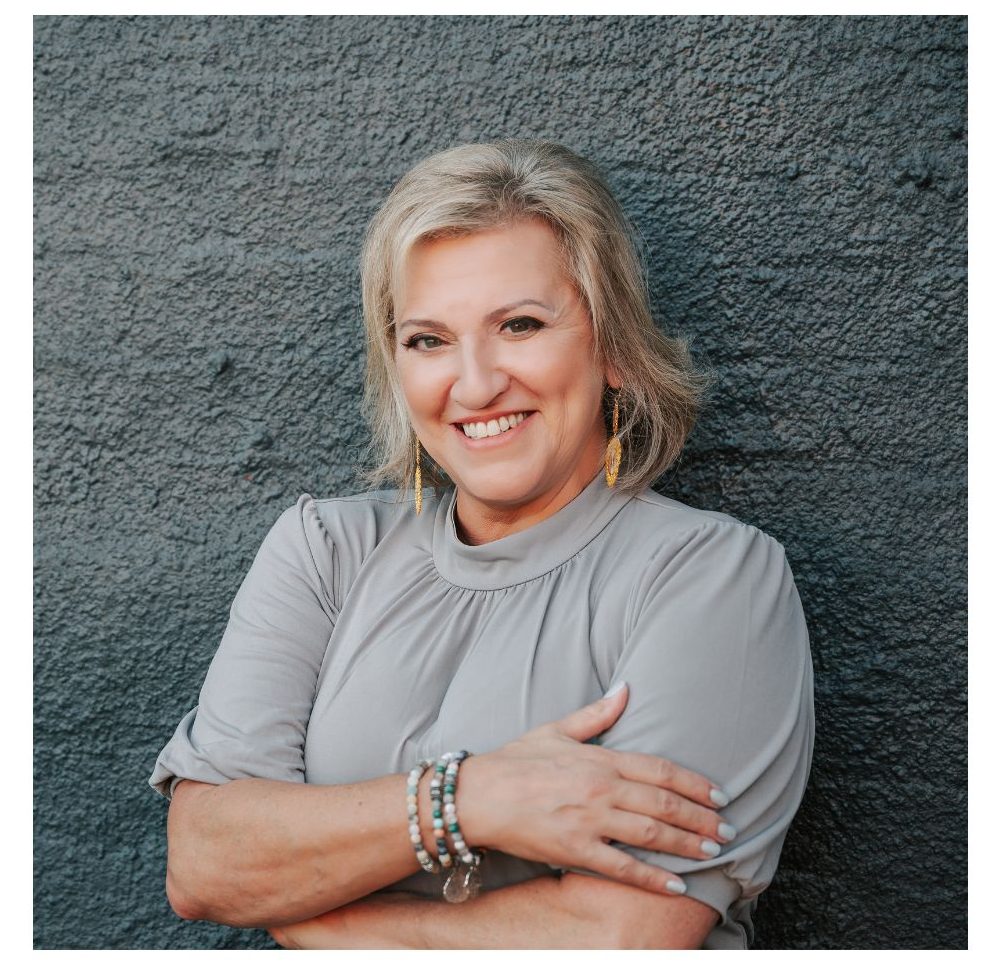
That’s a great question—especially for those who are juggling the challenges of caregiving. Life scripts are about the stories we tell ourselves, often those nagging, negative beliefs that creep in when we’re feeling overwhelmed or inadequate. As a caregiver, you might find yourself thinking you’re not doing enough or that you’re losing yourself while caring for others. In our sessions, we’ll work together to quiet those doubts and replace them with empowering beliefs—what I call life scripts. These are crafted using your own words to help you retrain your brain, so you can focus on your strengths and the incredible care you provide.
This isn’t therapy that digs into your past. I’ve developed a unique hybrid model that blends consulting and coaching, tailored to what you need in the moment. Whether you’re trying to manage emotional stress, find balance, or simply make it through another tough day, I’ve got a toolbox full of strategies and techniques to support you.
These life scripts will become your roadmap to resilience, helping you stay strong for your loved ones while also caring for yourself. Because unless you embrace a new way forward, you risk being stuck in the same exhausting cycle next year.
I’m Andrea, and with over 20 years of experience in healthcare, family support, mental health, and life coaching, I’ve seen it all. But let’s skip the formalities and get real—I’ve walked in your shoes. I know exactly what you’re going through.
Real Tips, Real Support – Clear the Chaos, Subscribe Now!
Click below to download “10 Steps to Thriving in Times of Change & Uncertainty”.
Your Daily Dose of Strength—Get Videos and Email Prompts That Help You Take Control.